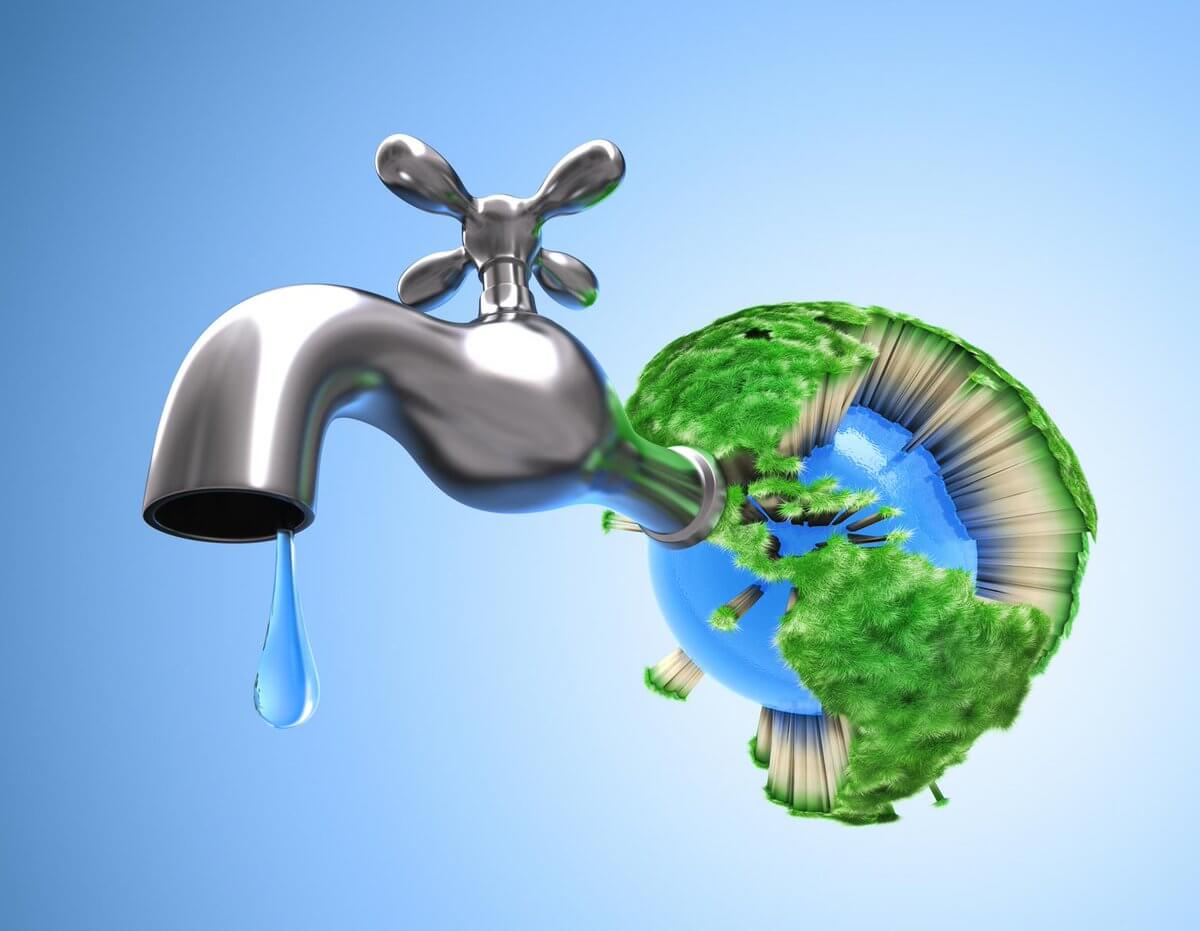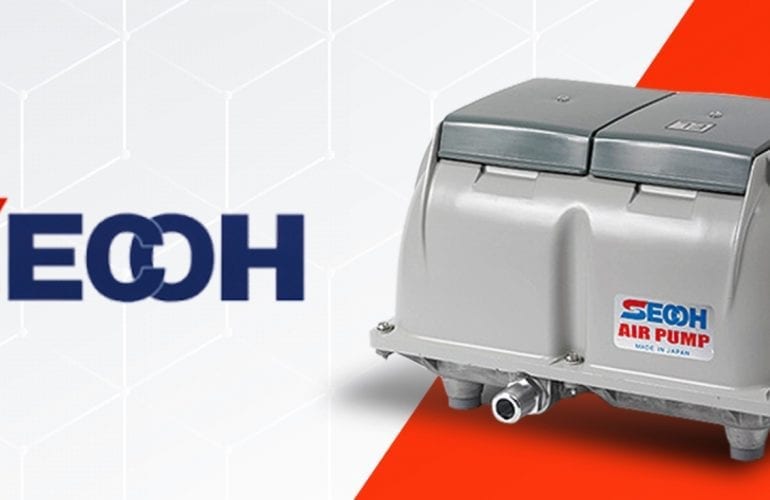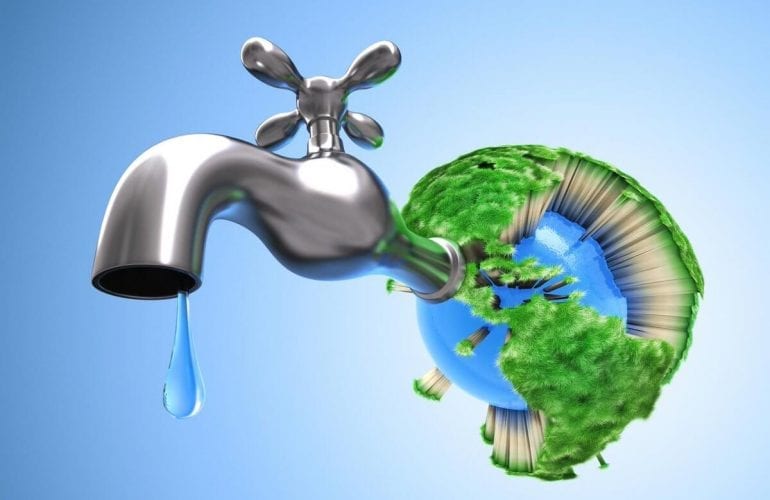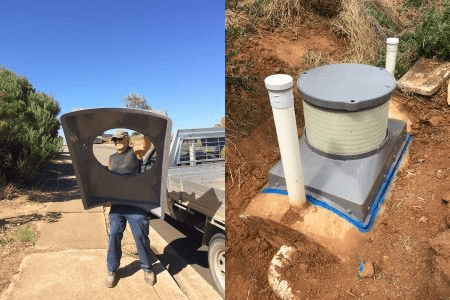Water Saving Tips for Australian Homes: Reduce Waste and Improve Drought Resilience
Australia is no stranger to extremes—when it comes to water, it’s often a case of feast or famine. Droughts and floods are regular occurrences across the country, and for many of us living on the coast, the impacts may seem distant. But the reality is clear: we all play a role in conserving this precious resource, especially during dry spells.
Each year, millions of litres of wastewater flow into sewer systems across Australia—much of it from households. With better systems in place, a large portion of this water could be reused, easing the burden on our water supplies and reducing environmental harm.
At Garden Master, we’re committed to helping Aussies recycle their wastewater responsibly, reduce water usage, and prepare their homes for a more drought-resilient future.
Table of Contents
Water Saving Tips Around the Home
In the Kitchen
In the Bathroom & Laundry
In the Garden
For Pools
Water Restrictions in NSW
Making Your Home More Drought-Resilient
Recycle Your Wastewater With Garden Master
Greywater Recycling Systems for Everyday Water Saving
- Keep Your Garden Green Year-Round With Recycled Water
Monitor Your Water Use
Need Help Saving Water?
Contact Garden Master for Septic & Greywater Solutions
Water Saving Tips Around the Home
When drought strikes, every drop counts. Whether you’re connected to town water or rely on rainwater tanks, here are some easy water saving tips for every area of your home:
In the Kitchen
Only run your dishwasher when it’s full.
Thaw food in the fridge or microwave instead of under running water.
Use a plug in the sink when washing fruit and vegetables.
In the Bathroom & Laundry
Keep showers under four minutes (each minute uses about 10–12 litres).
Turn off taps when brushing teeth or shaving.
Reuse towels and only wash clothes when necessary.
Fix dripping taps and leaking toilets—these can waste thousands of litres annually.
Use the half-flush button when possible.
Only wash full loads of laundry.
In the Garden
Water during cooler parts of the day—before 10 am or after 4 pm.
Use mulch to retain moisture and reduce evaporation.
Install a trigger nozzle on your hose or use a watering can.
Wash your car on the lawn to water the grass simultaneously.
Use a broom instead of a hose to clean paths or driveways.
Water the base of plants rather than the leaves for better absorption.
For Pools
Cover your pool with a pool blanket to prevent evaporation.
Avoid overfilling and regularly check for leaks.
Plant trees or add shade to reduce sun exposure.
Water Restrictions in NSW
It’s not just those in regional areas who must act during droughts. In NSW, local councils manage water restrictions, which can vary widely. Some areas may enforce strict rules, while others provide voluntary water use guidelines.
✅ Check your council’s website for updates
✅ Visit the Bureau of Meteorology Water Restrictions page for broader info across NSW
Making Your Home More Drought-Resilient
With climate change expected to increase the severity and frequency of droughts, it’s important to future-proof your home:
Plant drought-tolerant and native species to reduce water needs.
Use resilient turf varieties for lawns.
Install mulch to keep the soil cooler and retain water.
Upgrade to water-efficient fixtures (check the WELS label before buying).
Consider rainwater tanks for non-potable use, like garden watering and toilet flushing.
Explore a greywater system for garden irrigation (ensure it complies with safety regulations).
✅ Visit the Australian Government’s “Your Home” website for more drought-proofing advice.
Recycle Your Wastewater With Garden Master
If you live in an area where you are not connected to a municipal sewer system, you are probably familiar with septic tanks, but modern wastewater treatment systems are incredibly advanced and should be considered for their incredible water-saving technology.
Garden Master has over 20 years of experience providing reliable, environmentally safe wastewater treatment for Australian homes and businesses. Our aerated wastewater treatment systems (AWTS) and Advanced Secondary Treatment Systems (STS) use a five-stage purification process to recycle grey water and sewage from your household into safe, clean water suitable for irrigation and reuse.
How It Works:
All wastewater from your sinks, toilets, showers, and laundry enters our septic system.
It undergoes multi-stage treatment, resulting in water that is safe for garden use.
Treated water meets the standards set by government health and environmental bodies.
Systems are fully maintained and monitored to ensure consistent, high-quality performance.
✅ We service residential and commercial properties across NSW, Victoria, ACT, and other states, focusing on long-term sustainability.
Greywater Recycling Systems for Everyday Water Saving
In addition to our full wastewater treatment solutions, Garden Master also offers dedicated greywater recycling systems—an efficient way to reuse water from your bathroom, laundry, and hand basins.
Our greywater systems provide a practical way to:
Reduce your water bills
Limit demand on the mains water supply
Irrigate gardens and landscaping, even during water restrictions
Why Choose Garden Master’s Greywater Solutions?
Diversion & treatment options: Choose from systems that divert untreated greywater straight to your garden, or opt for fully treated systems for greater versatility.
Safe & compliant: All systems are designed to comply with state and local government regulations for greywater reuse.
Flexible use: Greywater can be safely used for subsurface irrigation, helping you maintain a thriving garden year-round, especially important during droughts or when restrictions are in place.
Keep Your Garden Green Year-Round with Recycled Water
Water-saving doesn’t mean sacrificing a beautiful garden. With a Garden Master system installed, you can maintain lush lawns and flourishing plants without breaching water restrictions or relying heavily on town water.
Recycled wastewater is a safe, reliable source for irrigation, especially in dry regions or during periods of water restrictions. Recycling water makes sustainable gardening possible, whether growing vegetables, tending to a flower bed, or maintaining lawn areas.
➡️ Learn more about our greywater recycling systems here: Garden Master Greywater Systems
Monitor Your Water Use
Track your household’s water use by checking your meter or reviewing your utility bill. If your usage seems unusually high, you may have a hidden leak.
Sydney Water offers useful benchmarks and efficiency targets, and you can participate in their WaterFix Residential Program, which offers:
Free or subsidised plumbing repairs
Water-saving device installations
Leak detection services
➡️ More info at the WaterFix Residential page
✅ To find your water usage, read your water meter or your bill.
✅ You can then try to reduce your water use over the next 3 months, or aim for the water efficiency targets calculated by Sydney Water.
Need Help Saving Water?
If you’re struggling financially, programs like PlumbAssist (for Sydney Water customers) may offer free plumbing repairs to reduce your water bills.
➡️ Businesses can also benefit from water audits and improvements via WaterFix Commercial.
Contact Garden Master for Septic & Greywater Solutions
Ready to reduce waste, save water, and create a more sustainable home?
📞 Call us on 1800 632 582 or
📝 Submit an enquiry via our Contact Page
We offer free quotes and expert advice on wastewater treatment and greywater systems across NSW, ACT, Victoria, and beyond. With Garden Master, you don’t just save water—you reuse it in the smartest, most environmentally responsible way.




